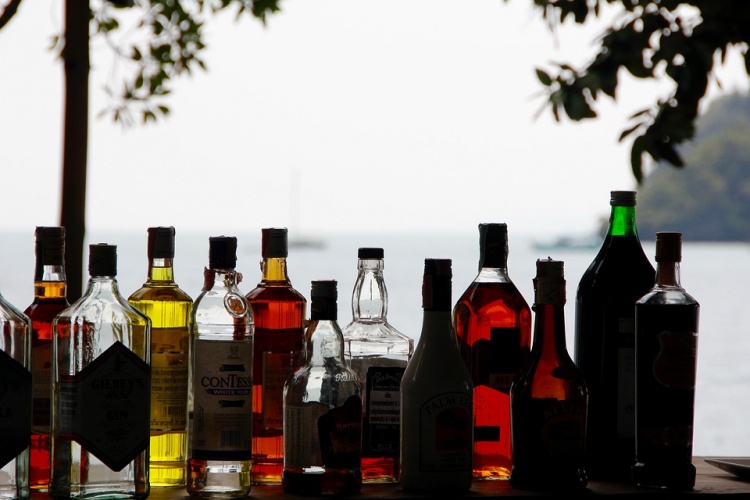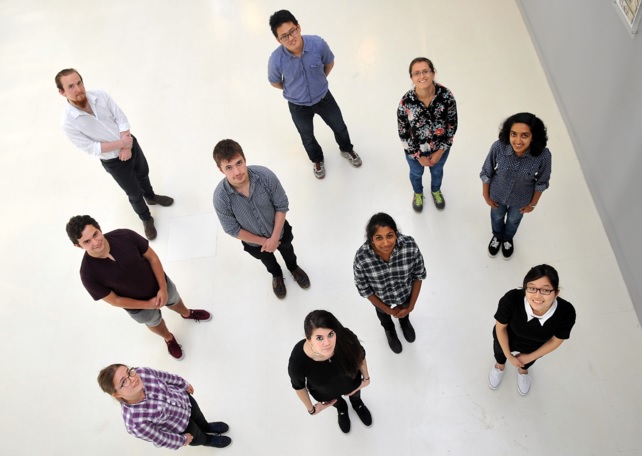
The ‘AlcoPatch’ detects alcohol in sweat, turning different colours to indicate varying levels of intoxication. It took the gold medal at the recent iGEM international world championship in synthetic biology in Boston, as well as being awarded the prize for 'Best Computational Model'. The Manchester team was also shortlisted for the 'Best Education and Public Engagement' award.
“In January when we first came up with this idea, we were brainstorming, and as we are surrounded by students, we thought it could be a useful tool,” said Biomedical Sciences student Sathya Darmalinggam. “It could be really useful for people for things like knowing if it’s safe to drive after drinking.”
The team consisted of six biologists, two engineers, a maths student and a linguistics student. Under the supervision of Professors Eriko Takano and Rainer Breitling at the University’s Manchester Institute of Biotechnology (MIB),they spent the summer perfecting their design. At iGEM in Boston they came up against 300 other student teams from around the world. According to Takano, the team’s focus on the project’s impact helped set it apart from the competition.

“One of the great achievements of the iGEM team this year was that they talked extensively to the Manchester community to find out how their project could make a real difference, and they brought this information back to the laboratory to decide which experiments to do. They didn't just care about genes and microbes, but also were thinking hard about the impact of their science on the wider world.”
Professor Breitling, who advised on the computational modelling that helped the students with their experimental designs, commented: “The team was very interdisciplinary this year, with students from all three faculties at the University of Manchester coming together to do some very advanced genetic engineering. Their diverse background allowed the team to apply some really sophisticated technologies to their project, building a unique computational model to predict how to best design their biological system, so that they could optimise the experiments.”




Glasgow trial explores AR cues for autonomous road safety
They've ploughed into a few vulnerable road users in the past. Making that less likely will make it spectacularly easy to stop the traffic for...